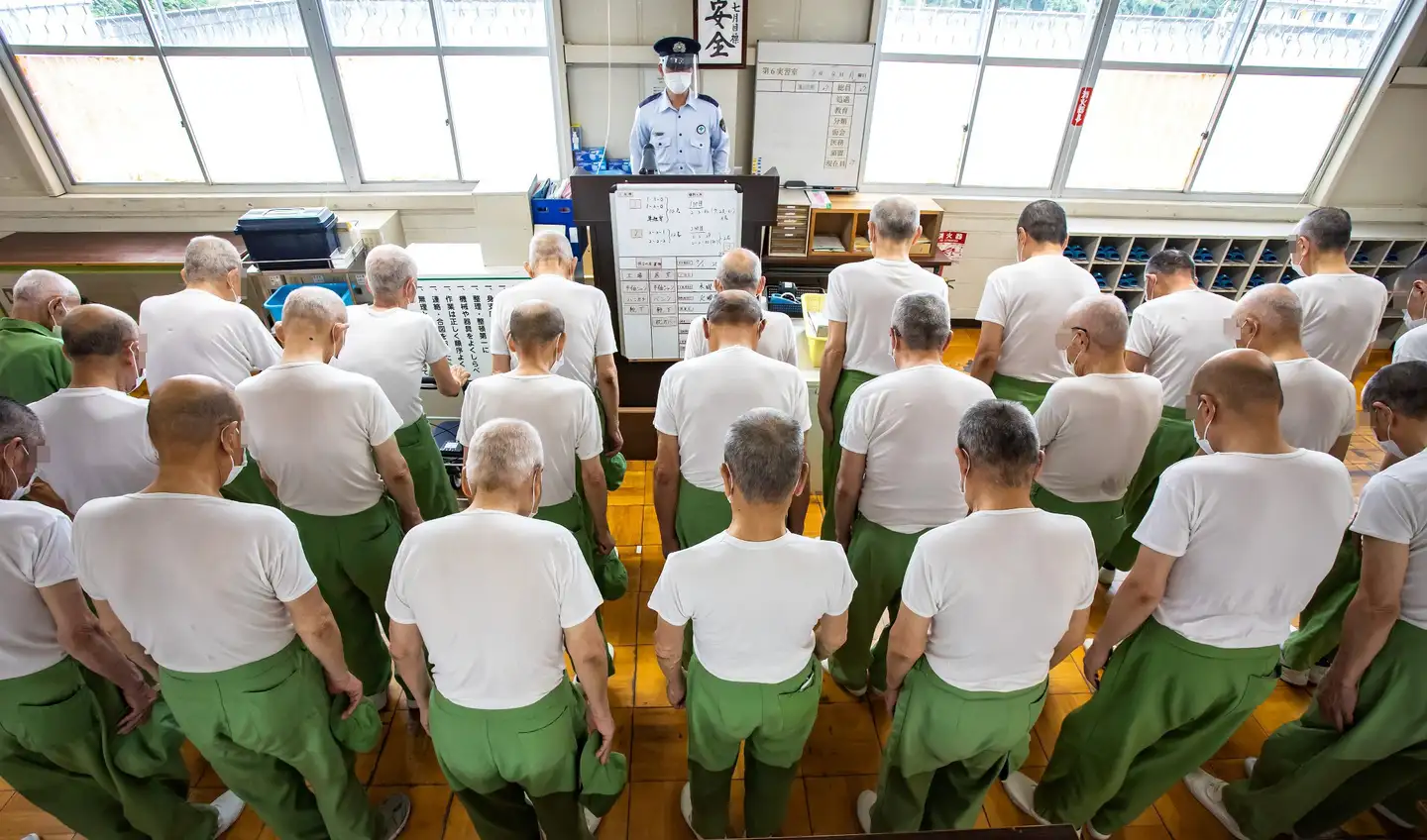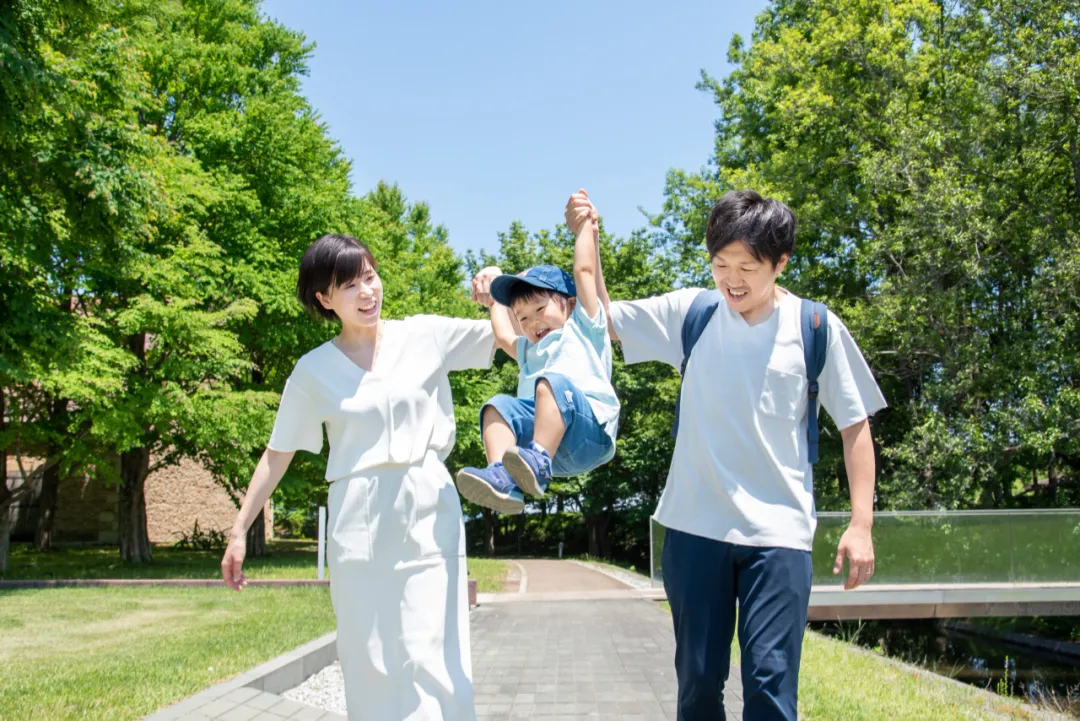In Japan’s major cities, neon lights blaze and crowds in suits fill the streets—an image of modern efficiency and order. One might imagine these diligent workers returning home to warm meals, playful children, and a soft “Okaeri” (Welcome home). Yet beneath this polished urban surface lies another reality, quieter but no less urgent. It is the world of Muenshakai—Japan’s “disconnected society”.
Urban Nomads
Internet and manga cafés, originally designed as spaces for brief entertainment, have become unexpected refuges. Far from the stereotypical gamer hangout, these cramped booths—available for around 2,000 yen a night—are now home to the so-called "net café refugees". While some only stay temporarily, others live there for months, even years.

The space is barely enough to lie flat, often partitioned by thin wooden boards with no soundproofing. More cage than home. Many residents have slipped through the cracks of society—isolated by circumstance, left with nowhere else to go.
What Is Muenshakai?
The term Muenshakai (無縁社会), meaning “disconnected society,” was popularized by a 2010 NHK documentary. It describes individuals who, through a series of life setbacks, become severed from key human relationships—leading to isolation, and often, to lonely deaths known as Muenshi (無縁死).

The word Mu-en refers to the absence of three vital connections:
- Sha-en (社縁): ties to society, especially the workplace
- Chi-en (地縁): ties to one’s hometown
- Ketsu-en (血縁): ties to family
The loss of these bonds can trigger a cascade of psychological and social problems. And contrary to popular belief, this isn’t just a problem of the elderly—it can affect anyone, at any stage of life.
Sha-en: Losing Connection with the Workplace
Why is employment so central to identity in Japan? Because failure in this area carries steep consequences.
Traditionally, Japanese employment is defined by:
The Lifetime Employment System (終身雇用制度): a promise of stable, long-term employment.
The Seniority-Based Wage System (年功序列制度): where salary increases are tied to years of service.
These systems, once celebrated for stability, became rigid and exclusionary—especially after Japan's economic bubble burst in the 1990s. Younger generations found few opportunities, and companies, facing a shifting economic landscape, pivoted toward performance-based pay and short-term contracts.

Today, if you’re laid off—especially in midlife—reentering the workforce can feel nearly impossible. With limited options, many settle for temporary or dispatch work, which offers lower pay, fewer benefits, and deep psychological tolls. As one’s place in the workplace disappears, so does their sense of societal belonging.
Chi-en: The Dimming Link to Hometowns
In pursuit of opportunity, many young people leave their hometowns for megacities like Tokyo—a phenomenon known as Jokyō (上京). But urban dreams often collide with urban realities. High costs, loneliness, and alienation await.

Though physical travel is easier than ever, the emotional transition is not. The absence of hometown connections—neighbors, community rituals, familiar dialects—can leave people feeling rootless. Chi-en isn’t just about geography. It’s about identity. When lost, it creates an invisible void.
Ketsu-en: The Fracturing of Family Ties
In Japanese culture, family (kazoku) is considered sacred. But life doesn’t always follow the tidy script of loving partners, happy children, and cherry blossom picnics.
Divorce rates are rising, and post-divorce isolation is profound. Ketsu-en includes not just spouses but also parents, siblings, and children. The dissolution of these relationships often hits hardest—emotionally and psychologically.

Among single individuals, divorced men have disproportionately high suicide rates. Losing one's family network isn’t just tragic—it’s destabilizing on a fundamental human level.
The Consequences of Muenshakai
Hikikomori: The Invisible Ones
Some people retreat completely from society, becoming hikikomori—recluses who don’t work, attend school, or leave their homes for years. Many are sustained by aging parents. When these caregivers pass away, their children are left helpless, sometimes dying alone and unnoticed.

Muenshi: Death Without a Trace
Each year, tens of thousands in Japan die without family, friends, or even someone to claim their remains. Specialized professions have emerged to handle these deaths: cleaners to remove trash from their rooms, and body carriers who navigate buildings without elevators due to cultural sensitivities around transporting corpses.

In 2010 alone, over 30,000 Muenshi cases were recorded. One artist captured this tragedy through haunting dioramas—scenes of lives ending amid clutter, neglect, and silence.
Solo Living and the Rise of the "Alone Economy"
Japan is often dubbed the world’s most advanced “solo society”. In 1980, one in five households consisted of a single person. By 2015, it was over one in three—and is projected to reach 40% by 2040.
Apartments for One
Developers now build tiny apartments optimized for solo living: 20 to 30 square meters, efficient, private, and quiet.
Solo Dining and Convenience Foods
From ramen counters to convenience store bento boxes, Japan has normalized—and optimized—eating alone. Touchscreen ticket machines eliminate the need for interaction. Single-serving hot pots and labeled “一人前” (ichininmae) meals dominate supermarket shelves.

Pet Companionship
For those yearning for affection, pets have become surrogate family. Pet shops offer installment plans to ease costs. Strollers for dogs and cats are common sights in the city. Businesses cater to “fur babies” with toys, costumes, and even birthday cakes.

New Bonds in a Disconnected Society
Social media and hobby communities provide alternatives to traditional relationships. Japan excels at cultivating niche subcultures—anime, vintage books, fashion, music—and these shared interests have become lifelines.

What began as isolated individuals gradually forms passionate micro-communities. Akihabara’s anime fans, Nippori’s textile lovers, Jimbocho’s book collectors—these are new tribes born from shared passions. Where old ties were lost, new ones are quietly growing.
Final Reflections
Popular shows may offer light entertainment, but they rarely reflect the deeper, harsher truths of Muenshakai. When family, work, and hometown ties dissolve, people don’t just lose others—they lose parts of themselves.
The modern wave of single living isn’t inherently wrong. But society must evolve to support it. Questions of elder care, mental health, and human connection need proactive solutions.
When you graduate, move cities, change jobs, or end a relationship, you may wonder: where did everyone go? The truth is—they’re still out there. But they’ve left your world. No one is at fault. But yes, you’ve been changed by it.
Society is like a train moving relentlessly forward. People board and disembark. Some stay for only a few stops. When they leave, how do we—still aboard—make peace with the absence?
Maybe the answer lies in forging new lines of connection, one shared interest at a time.
Even in hell, a ghost can find peace.
One should be ready to leave at any moment.
That is the freedom I hold as a lone traveler across the skies.
— Kawabata Yasunari
Related Articles
You may also like...
International Hostess Bar Since 1993
夢
ORIGIN
・ International Hostess Bar since 1993
・ Japanese Hospitality with International Service
・ Diverse and Charming Floor Ladies
・Located in Shinjuku, Tokyo
・Transparent Pricing
・Easy Online Reservations












-Aug-03-2024-02-44-14-8188-AM.webp)







